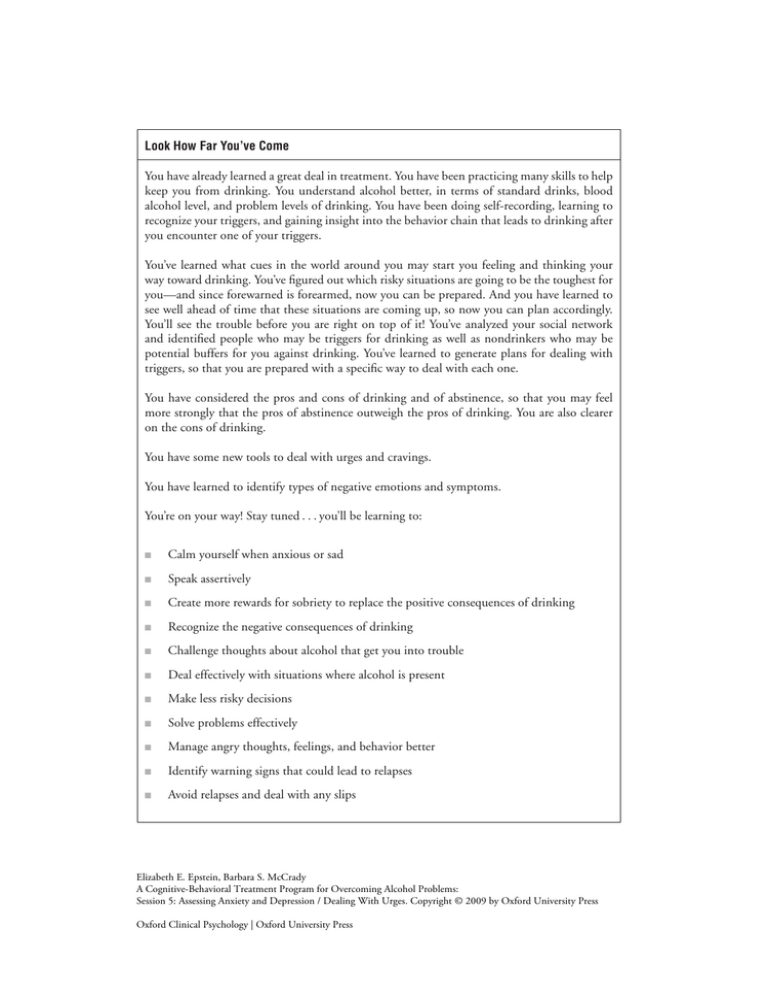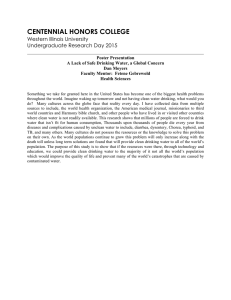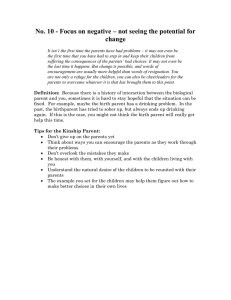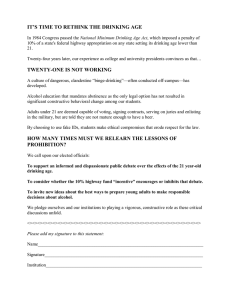Look How Far You`ve Come You have already learned a great deal
advertisement

Look How Far You’ve Come You have already learned a great deal in treatment. You have been practicing many skills to help keep you from drinking. You understand alcohol better, in terms of standard drinks, blood alcohol level, and problem levels of drinking. You have been doing self-recording, learning to recognize your triggers, and gaining insight into the behavior chain that leads to drinking after you encounter one of your triggers. You’ve learned what cues in the world around you may start you feeling and thinking your way toward drinking. You’ve figured out which risky situations are going to be the toughest for you—and since forewarned is forearmed, now you can be prepared. And you have learned to see well ahead of time that these situations are coming up, so now you can plan accordingly. You’ll see the trouble before you are right on top of it! You’ve analyzed your social network and identified people who may be triggers for drinking as well as nondrinkers who may be potential buffers for you against drinking. You’ve learned to generate plans for dealing with triggers, so that you are prepared with a specific way to deal with each one. You have considered the pros and cons of drinking and of abstinence, so that you may feel more strongly that the pros of abstinence outweigh the pros of drinking. You are also clearer on the cons of drinking. You have some new tools to deal with urges and cravings. You have learned to identify types of negative emotions and symptoms. You’re on your way! Stay tuned . . . you’ll be learning to: ■ Calm yourself when anxious or sad ■ Speak assertively ■ Create more rewards for sobriety to replace the positive consequences of drinking ■ Recognize the negative consequences of drinking ■ Challenge thoughts about alcohol that get you into trouble ■ Deal effectively with situations where alcohol is present ■ Make less risky decisions ■ Solve problems effectively ■ Manage angry thoughts, feelings, and behavior better ■ Identify warning signs that could lead to relapses ■ Avoid relapses and deal with any slips Elizabeth E. Epstein, Barbara S. McCrady A Cognitive-Behavioral Treatment Program for Overcoming Alcohol Problems: Session 5: Assessing Anxiety and Depression / Dealing With Urges. Copyright © 2009 by Oxford University Press Oxford Clinical Psychology | Oxford University Press





